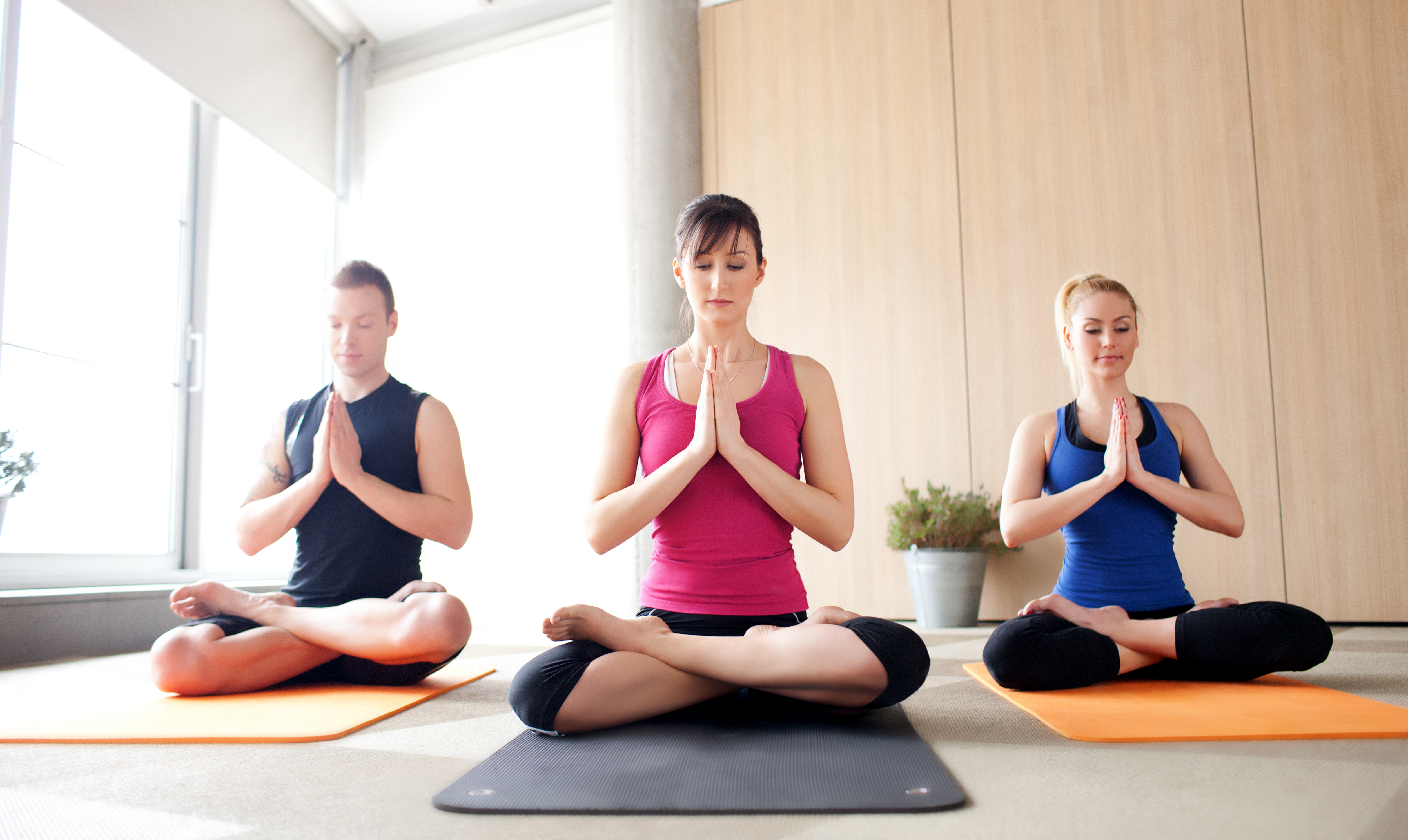
It is true that regular screening, early detection, and improved therapies have increased the survival rates in cancer but there is a strong connection between cancer and our lifestyle and simple changes in it would provide the best solution for cancer prevention and management.
From having proper diet and going for regular exercise to giving up smoking and other addictions can largely help in prevention. Using holistic healing methods like practising yoga along with conventional methods are also helpful.
Yoga may not cure cancer; however it will rejuvenate a person to fight for their lives and prevent the re-occurrence.
Here’s how yoga helps in cancer prevention.
Boosts immunity: Research suggests that the best defence against cancer is a strong immune system. For those going through chemotherapy and radiation, yogic techniques provide a way to strengthen the body, boost the immune system, and produce a feeling of well-being. And for those recovering from surgery, yoga can help restore motion and flexibility in a gentle, balanced manner.
Detoxifies the body: An imbalanced pH within the body is dangerous. In a toxic or stressful lifestyle, the body becomes excessively acidic. Various yoga techniques help in removing the acidic state of the body. The deep breathing technique followed throughout the practice of yoga removes these volatile acids and creates a more alkaline environment within the body.
Improves circulation in the body: Lymphatic drainage in the body helps to dump the dead cells, clear the toxins, and remove the cancer cells. The breathing techniques and asanas in yoga will increase the blood circulation, balance the glands, and enhance the lymphatic flow in the body.
Builds strong bones: The bone marrow inside the bones produces new red and white blood cells constantly. And it is the white blood cells which form the natural cancer-fighting immune cells. Hence, healthy and strong bones will amplify the cancer-fighting immune cells.
Weight management: Obesity has been found to be clearly linked with an increased risk of several cancers. Regular and daily practice of yoga helps to manage the weight of the body in a healthy way.
Reduces stress: Yoga teaches how to manage stress. The meditation and relaxation techniques play a major role in this. Yoga therapy for cancer can help dissipate tension and anxiety and enable cancer patients to settle into a greater sense of ease and well-being. Stress depresses the body’s natural immune function, which may be one of the reasons that there is evidence that people who practice yoga for cancer have greater recovery rates.
Manages depression, fear, and anxiety: Yoga activates the relaxation response and can thus help relieve feelings of anxiety, depression, and fear.
Boosts the mind: A regular yoga practice, no matter how gentle the movements, allows the body to release endorphins so you can instantly experience a positive boost in mood. Several studies also suggest that yoga can increase the level of gamma-aminobutyric acid, a neurotransmitter that plays a key role in regulating the nervous system and managing your mood and outlook. In addition, a regular yoga practice can boost self-esteem because you feel better about your appearance, strength, and overall physical condition.
Helps in physical pain: Besides the well-known and painful physiological side effects of cancer treatment, emotional stress can also produce physical pain. Moderate and modified physical postures will aid in managing the physical pain that can be experienced during treatment, and research has shown that those who practice yoga especially when in recovery, report reduced pain.
Improves physical functions: Cancer patients spend most of their time in hospitals or rehabilitation centres. Hence their bodies become stiff. Therefore, practising yoga can make their body functioning more flexible. Yoga as a therapy for cancer provides an ideal, balanced form of whole-body exercise, for body, mind and soul. Regular exercise also has been shown to stimulate the body’s natural anti-cancer defences.
However, safety and efficacy of yoga must be considered carefully in cancer care. Yoga should only be practiced under the guidance of trained yoga therapist or instructor. —[email protected]
Dr Saumyamol Chacko is a yoga trainer at AnimA Health & Wellness, Karama Building, CBD Ruwi